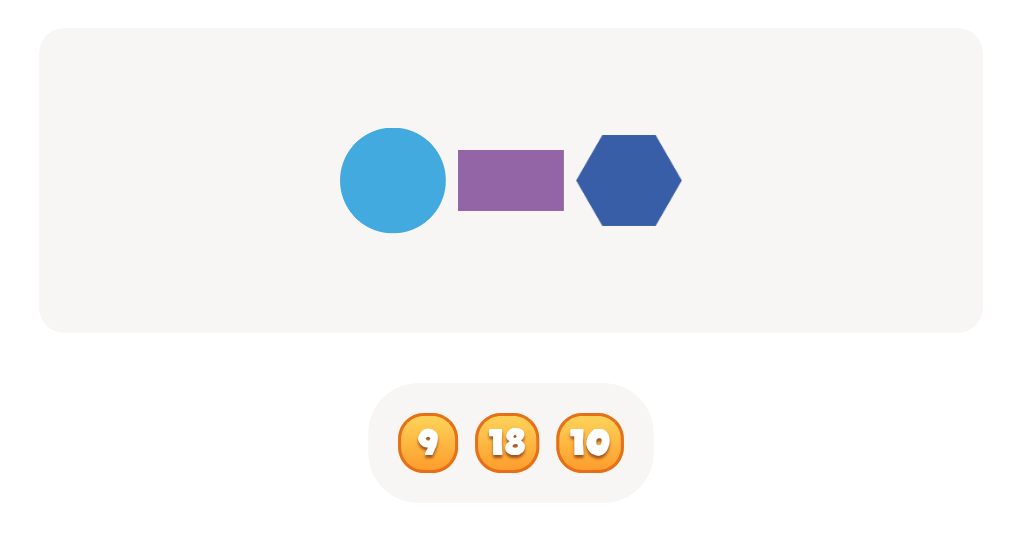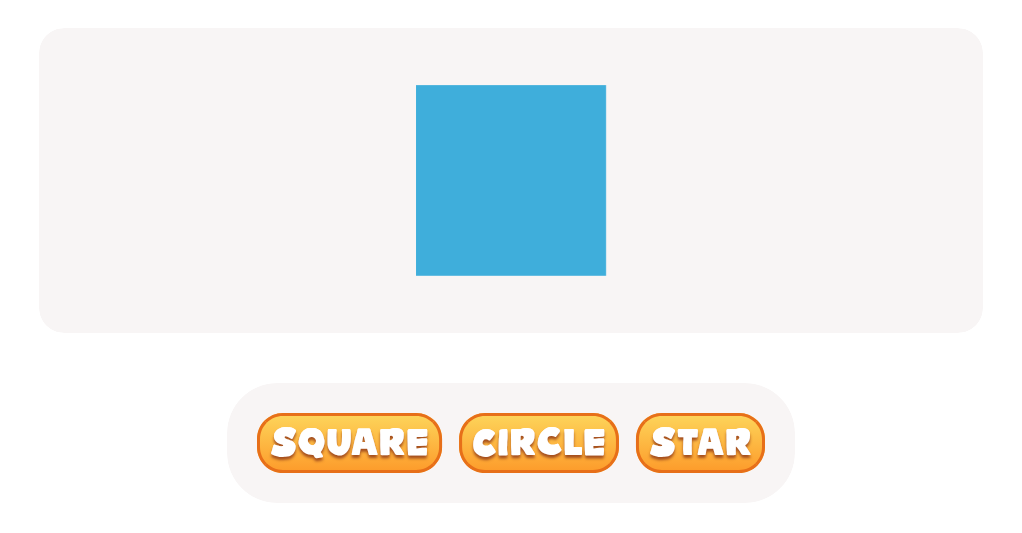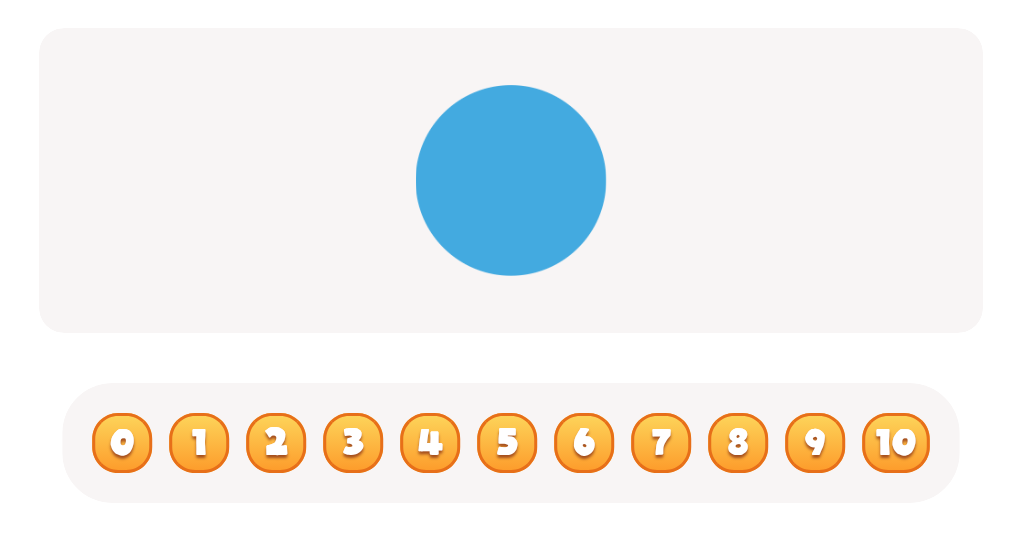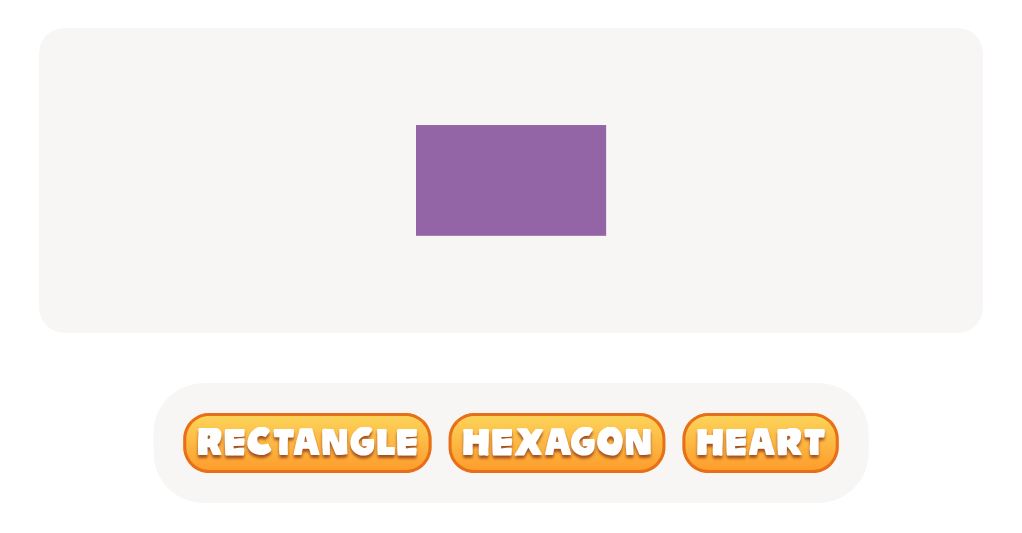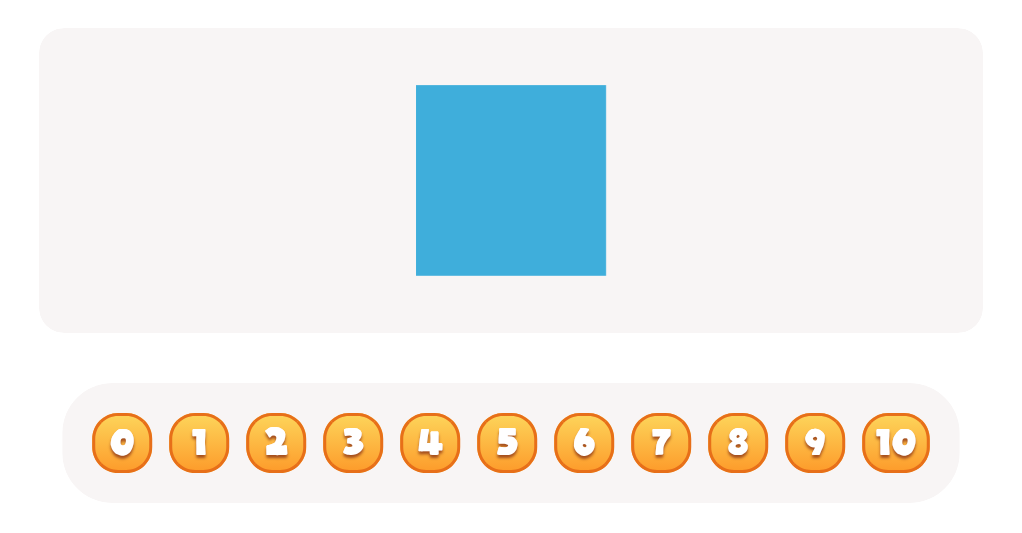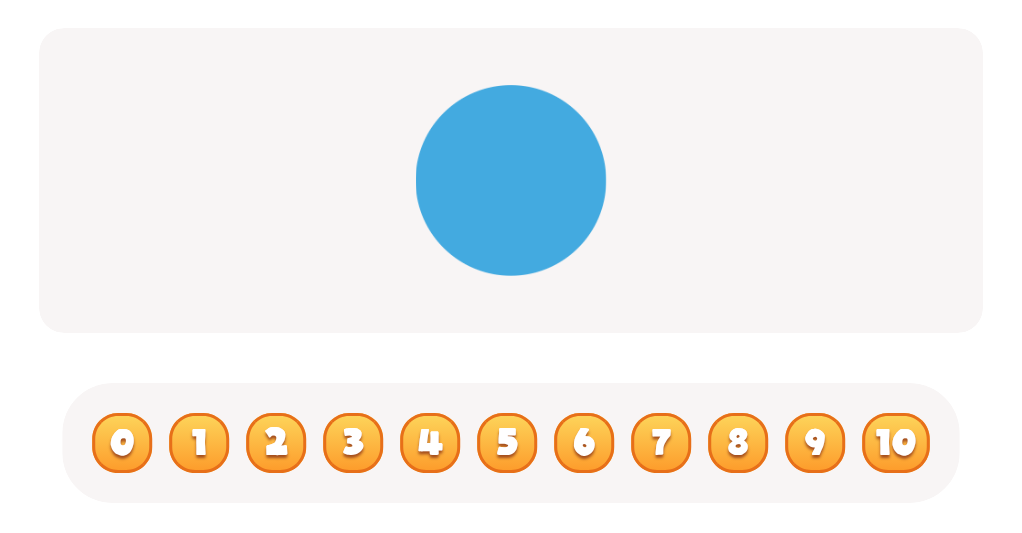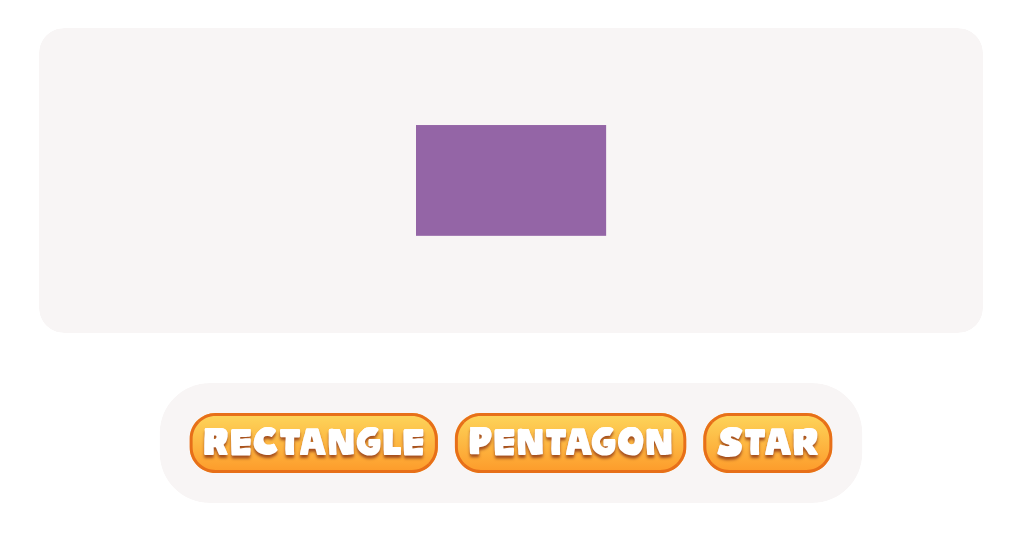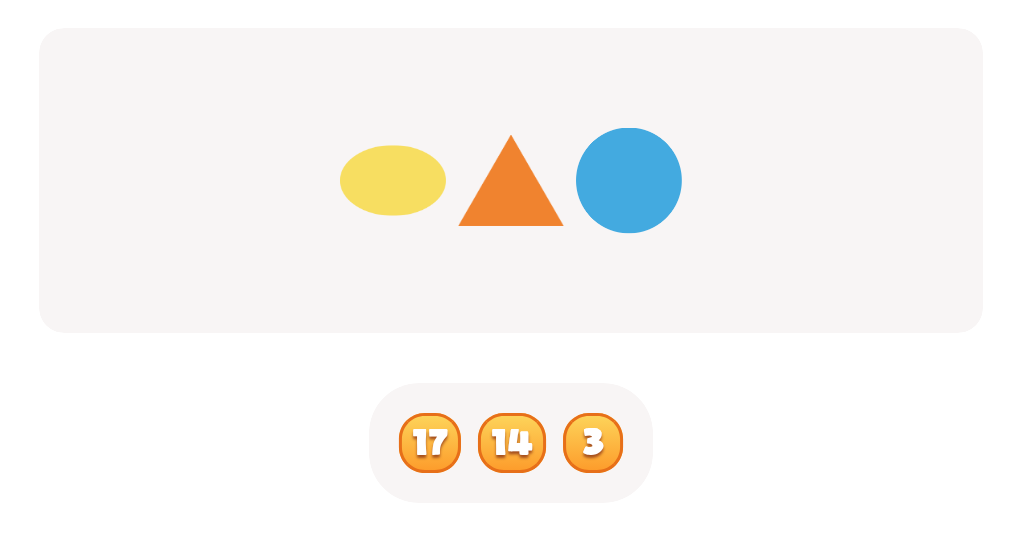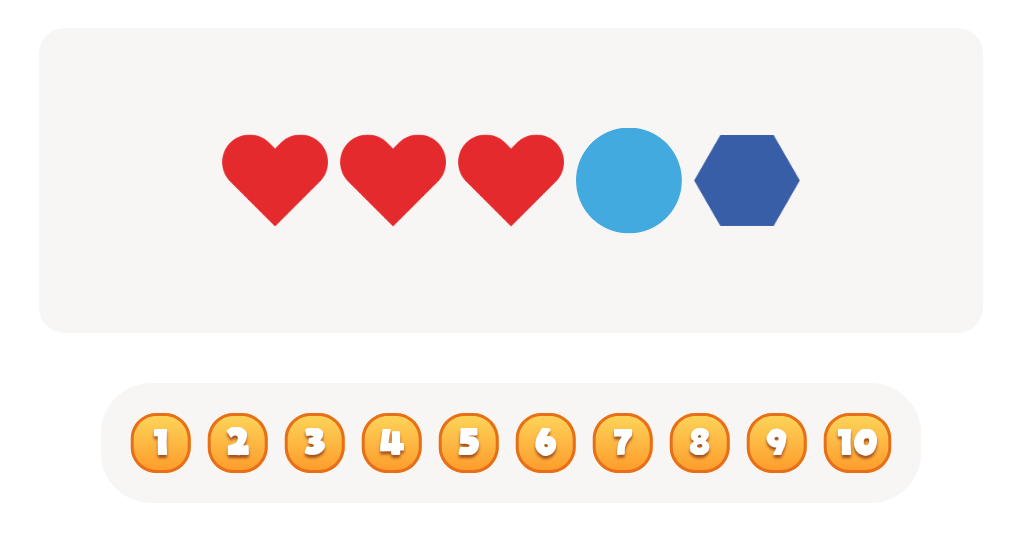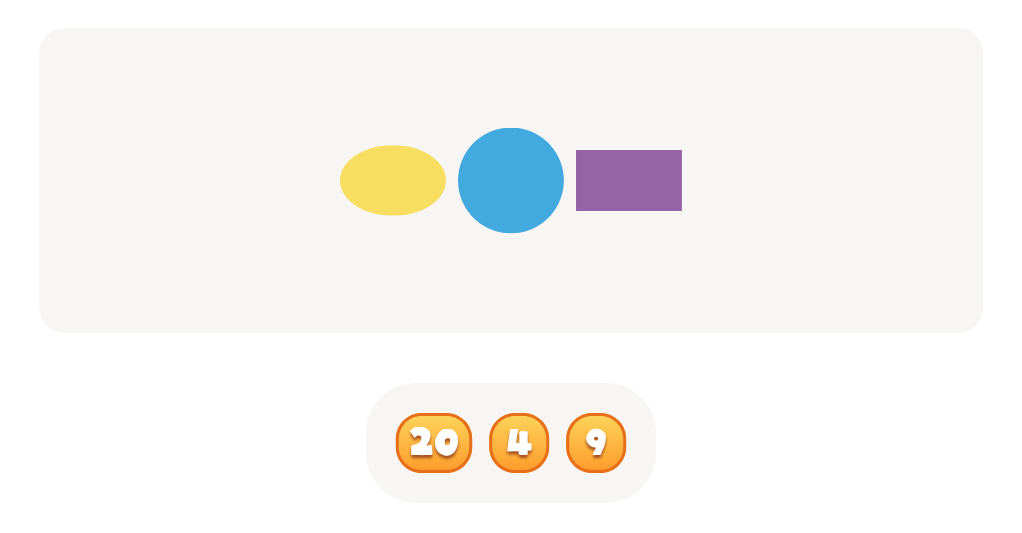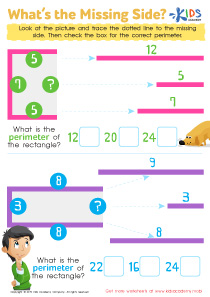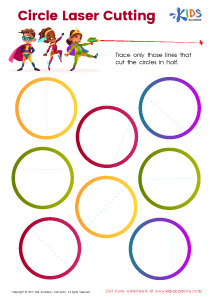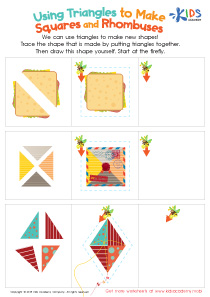Problem-Solving Skills Normal 2D Shapes Worksheets for Ages 6-8
3 filtered results
-
From - To
Enhance your child's problem-solving abilities with our engaging 2D shapes worksheets designed for ages 6-8! Tailored to young learners, these interactive resources introduce essential geometric concepts while fostering critical thinking. Kids will enjoy sorting, identifying, and manipulating various normal shapes, such as circles, squares, and triangles, through fun and creative activities. Each worksheet encourages hands-on exploration, ensuring children develop a solid foundational understanding of two-dimensional shapes. Perfect for both classroom and home use, our worksheets promote independent thinking and boost confidence in math. Download now and watch your child's problem-solving skills flourish as they embark on a shape-filled adventure!
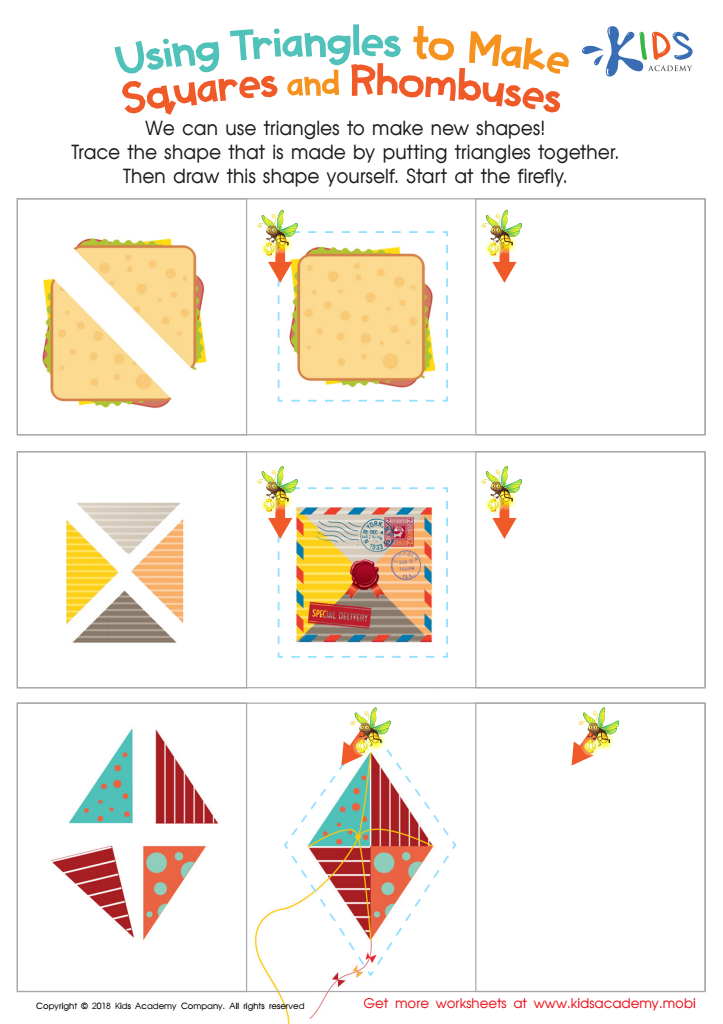

Using Triangles to Make Squares and Rhombuses Worksheet
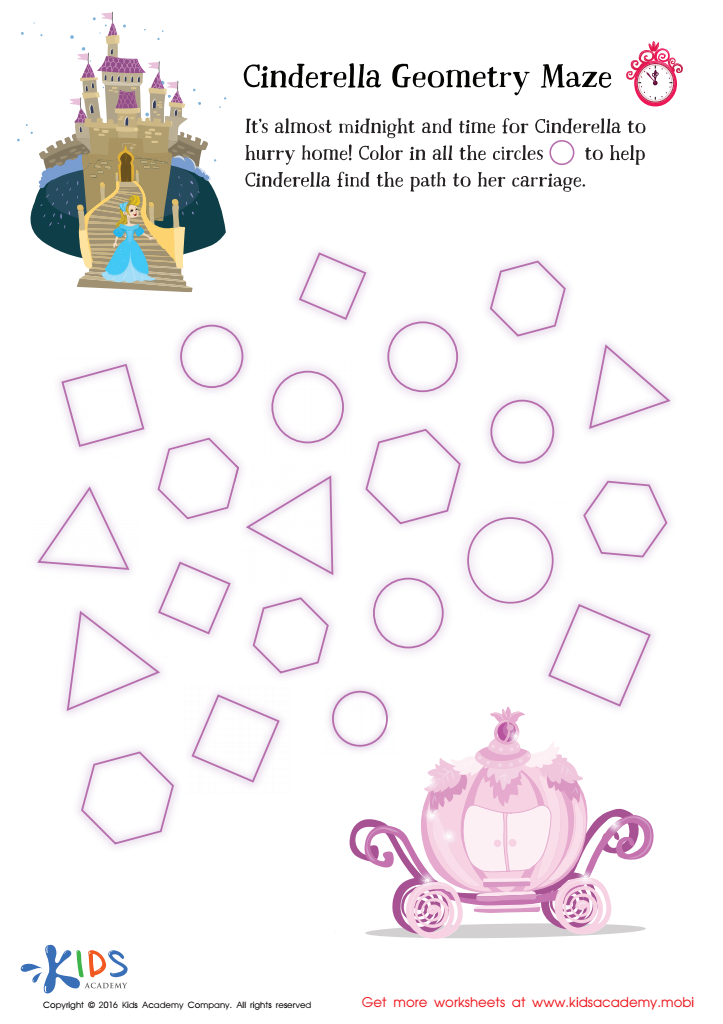

Cinderella Geometry Maze Worksheet
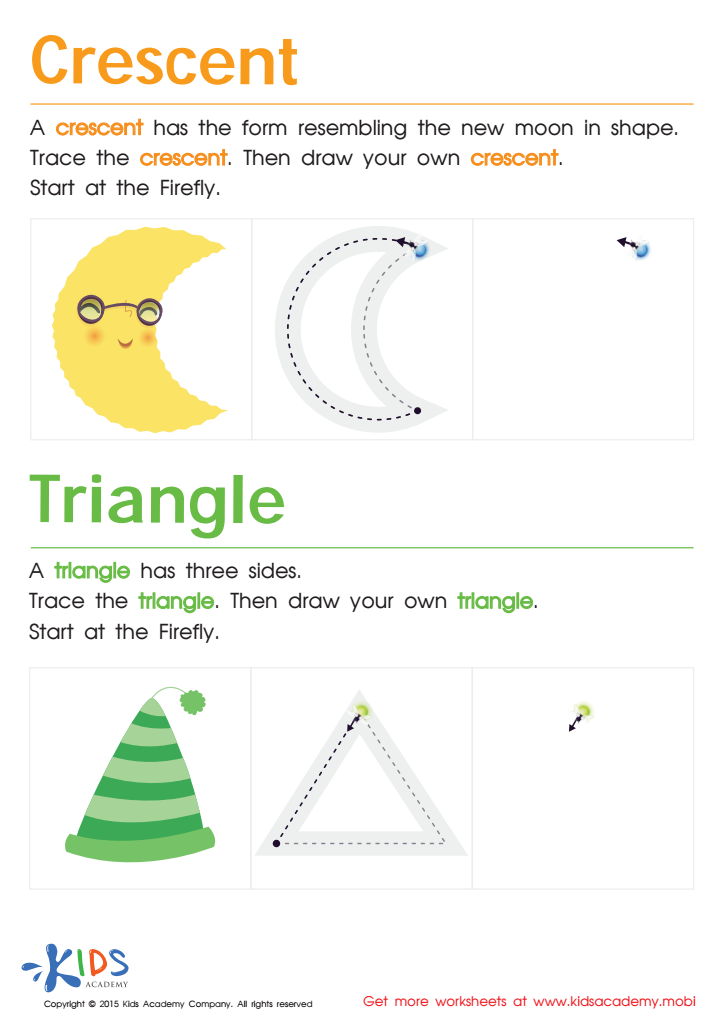

Learning to Draw Crescents And Triangles Worksheet
Problem-solving skills related to 2D shapes are crucial for children aged 6-8, as they lay the foundational blocks for higher-level mathematical and spatial understanding. During this developmental stage, children are naturally curious and eager to engage with their environment. Integrating 2D shapes into problem-solving activities helps foster critical thinking and enhances cognitive development.
When parents and teachers encourage children to explore shapes through activities like sorting, matching, or creating patterns, they not only enhance their geometric knowledge but also improve their ability to analyze and approach challenges methodically. This exploration encourages inquiry-based learning, where students learn to ask questions, test solutions, and reflect on outcomes.
Additionally, proficiency in problem-solving with shapes enhances children's ability to navigate real-world situations. For example, recognizing shapes in architecture or understanding concepts like area and perimeter will have practical implications in their lives as they grow. Collaboratively engaging in such learning activities not only builds a child's cognitive abilities but also reinforces a growth mindset, motivating them to embrace challenges and persist in the face of difficulties. Ultimately, fostering problem-solving skills with 2D shapes equips children with essential tools for their academic and future professional trajectories.
 Assign to My Students
Assign to My Students
